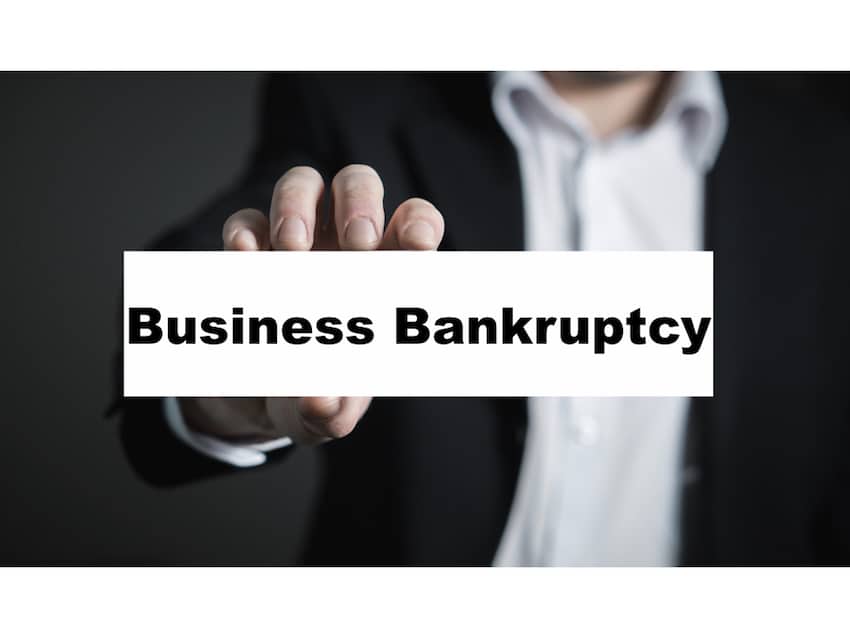If you’re struggling with debt, but don’t want to shut down your business, bankruptcy might be one way to save your company. While this may sound paradoxical, many big corporations – American Airlines, General Motors, and Kodak – have successfully used bankruptcy to restructure debt and get a fresh start.
The main difference between you and a big corporation filing bankruptcy is that if you use personal bankruptcy (either Chapter 7 or Chapter 13) to discharge or restructure your debt, it will impact your personal credit. In contrast, a Chapter 11 bankruptcy used by big corporations doesn’t hurt the credit of corporate officers or shareholders.
However, a few years of negative credit may be a valid option to give you another chance to rebuild your business. But deciding between Chapter 7 and Chapter 13, or whether to use bankruptcy at all (as opposed to negotiating directly with creditors), are big decisions—but ones we can help you evaluate.
How does Chapter 7 work?
Chapter 7 is a liquidation bankruptcy, which means all of your non-exempt assets (including your business assets) will be sold off by a court-appointed trustee to repay your creditors. This can let you wipe your personal debts clean and start over, albeit without credit available to you for some time.
And though your personal assets will be included in the bankruptcy estate, you can use exemptions to protect this property. In fact, if you don’t have a high income or significant assets, you might be able to use exemptions to protect all of what you do have using what’s known as a “no-assets case.” This is designed to ensure business owners have enough assets to sustain themselves while they get back on their feet.
How does Chapter 13 work?
Chapter 13 lets you keep your assets and repay some or all of your debts through a court-approved payment plan lasting three or five years. By filing Chapter 13, the court grants an “automatic stay” stopping ALL creditors from pursuing you. This temporarily halts repossession of your business and personal property, allowing you to potentially lower your payments—or at least give you time to catch up on those you’re behind on.
When it comes to secured debts, you can give up the collateral and convert the debt to an unsecured claim, or keep the property and continue to make payments through your repayment plan. What’s more, you typically pay only a portion of your unsecured debts, and the remainder is discharged (forgiven) at the end of the bankruptcy, provided you kept up with payments.
However, Chapter 13 requires that you pay off certain “priority” debts—back taxes, child support, and alimony—in full, regardless of your income.
Start with a clean slate
Both types of bankruptcy can improve your financial situation and let you re-focus on your business, without closing your doors. However, bankruptcy is not a panacea, and if you fail to meet your court-ordered obligations, you can face serious consequences. Given this, consult with us as your Family Business Lawyer® to see if either of these bankruptcy options (or negotiating directly with creditors) are right for you.
We offer a complete spectrum of legal services for businesses and can help you make the wisest choices on how to deal with your business throughout life and in the event of your death. We also offer a LIFT Start-Up Session™ or a LIFT Audit for an ongoing business, which includes a review of all the legal, financial, and tax systems you need for your business. Call us today to schedule. Or, schedule online.


